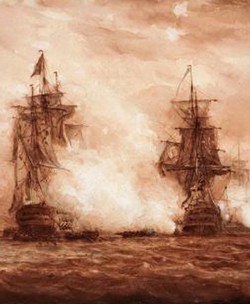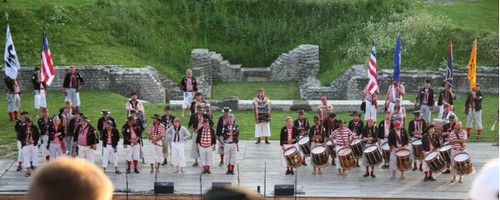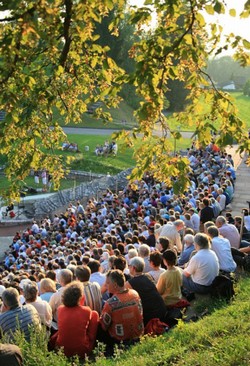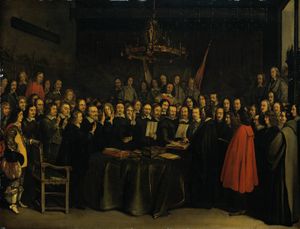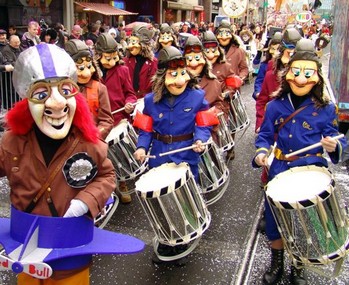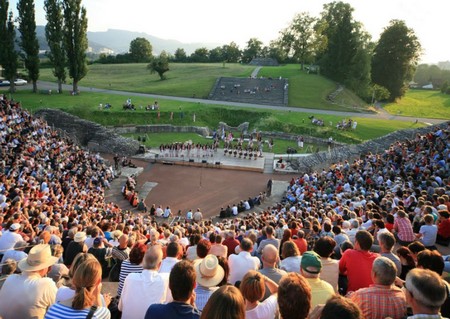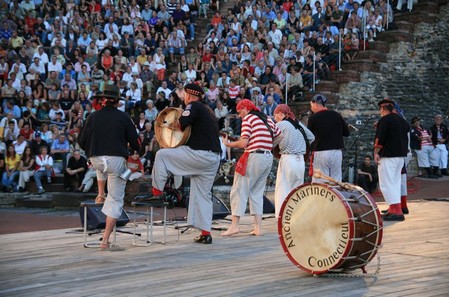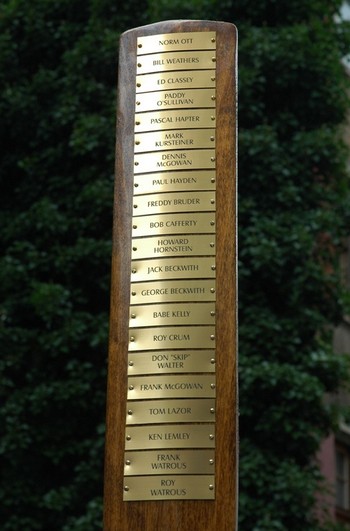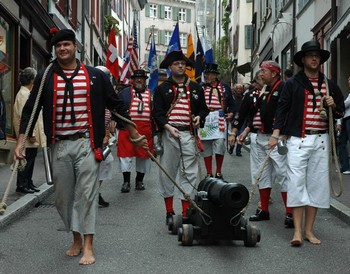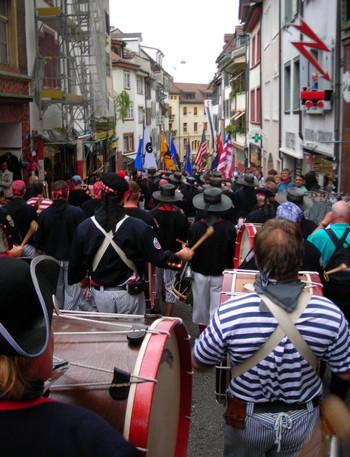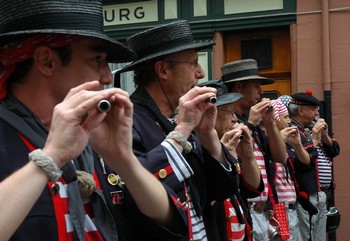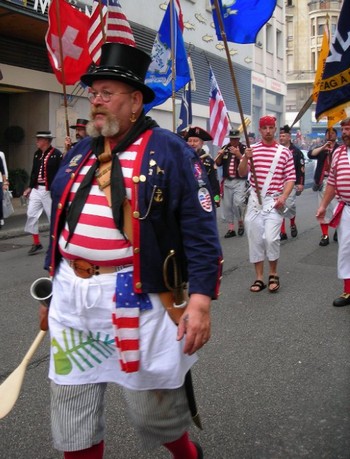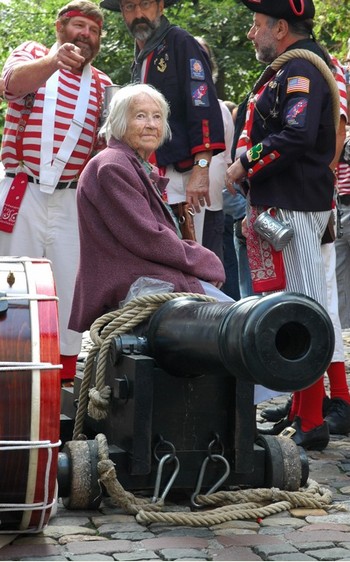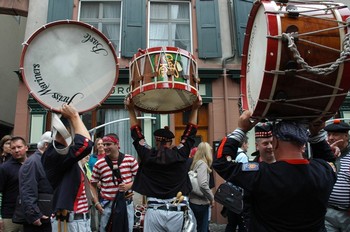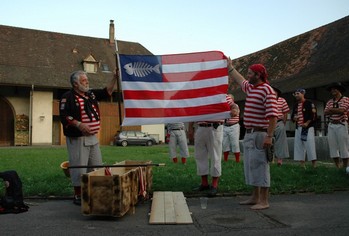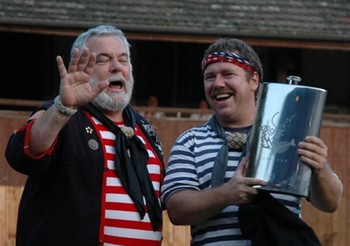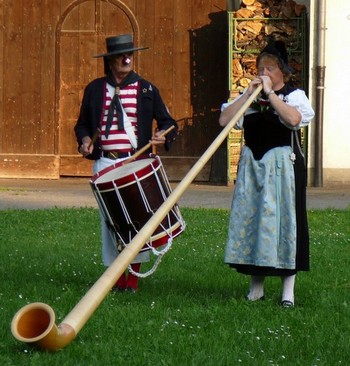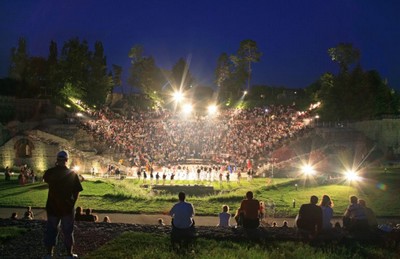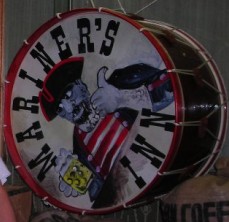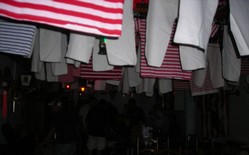 friend music
friend music
We Are the Mariners – Let the Good Times…
Music is many things to many people. For some it is relaxing, others energizing. For some it is therapy and some healing.
I know of one man where music was his lifeline. It was the strand that connected him to the living. Though it may sound like hyperbole, it is not. Music was the needle that wove together a tapestry of friendship and love that buoyed him and actually kept him alive. This man, this Mariner, was diagnosed with ALS and given only a short period to live.

ALS is a horrible disease where if you don’t die quickly, you gradually lose the ability to move. You notice that your arms are shaky when you pour a glass of milk. You get tired walking to the mailbox. Putting on your own cloths becomes difficult . Tasks like brushing your own teeth become impossible. Eventually you find yourself entirely paralyzed, unable to talk and locked inside your own body. The sick irony is that you are entirely aware of your demise. ALS does not affect your brain, it affects your neuromuscular system, leaving you to contemplate all the things you would like to do but can’t.
My friend, Howard, upon being diagnosed with ALS and well aware of his fate, realized he had a decision to make. Before he would lose his ability to take matters in his own hands he had to decide if he wanted to live through the torture. So, one evening, when no one was home, he went out to the barn. Locked all the doors. He got into the car. He put the key into the ignition. He sat there. Thinking. What will I have to live for? How will I find any happiness? How much of a burden will I be to the people I love?
As he sat there contemplating his options his mind wandered back to an old friend. He heard this friend say to him, ‘You have two choices. You can choose to live, or you can choose to die. If I had half your ability and determination, I’d choose to live. This could be the greatest adventure of your life!’ Howard then took the keys and removed them from the ignition. He got out of the car. Unlocked the doors, went back into his home and lived happily ever after.
There were no medical miracles. His body ultimately failed him and he lived entirely paralyzed for years, physically paralyzed that is. But, the part about living happily I believe to be true. He found happiness in his friends. He found happiness in his children, and he found happiness in his music.
Howard was a fifer, a chanteyman and was learning to play the concertina. When he could no longer play the fife, he sang. When he could no longer sing he wrote. He wrote harmony parts for the Ancient Mariner Chanteymen. He wrote songs. He wrote poetry. He wrote a book. He did not write using his hands, they had long since failed him. He wrote by using a computer that read his eye movements, the only muscle control he had.
In doing so, all of us who new him, learned so much about living life with all you’ve got, and making the choice to be happy.
You may ask, ‘what does any of this have to do with Switzerland?’ It has to do with the lessons we learned from Howard, who was, years ago, freed from his shackles. It has to do with how we share those lessons with new Mariners everywhere. It has to do with the music he left for us in hopes that we would always sing it together. When we play and sing, we are sharing our love for music, brotherhood and the celebration of life with all those who care to listen or dare to join us. In Switzerland, they came to listen and that reaffirms, for us, all the lessons we’ve been taught by men like Howard. We all have to make choices. Our choice, as Mariners, is to do our best to celebrate while we can.
Take a listen to the words and music that Howard left for us, recorded back in 2007 in Switzerland.
So before our time is nigh
Teach our children how to sing
So they may raise their glasses high
And let the good times ring
~Dr. Howard Hornstein

